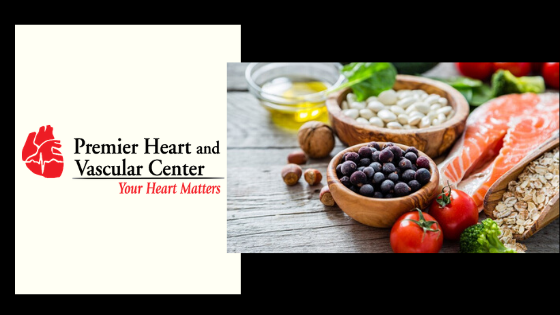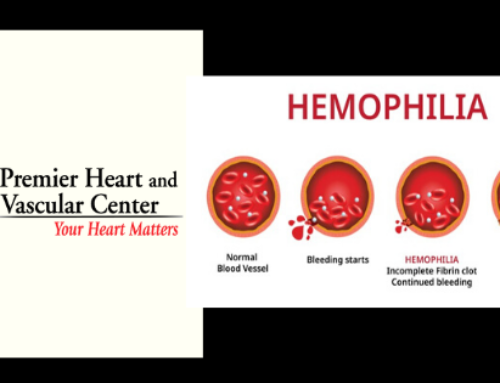Ketul Chauhan, MD, FACC Premier Heart and Vascular Center, Wesley Chapel, Zephyrhills and North Lakeland
Nutrition plays a massive role in our overall health, which is something that many people often forget as they only associate food with their weight. However, the food we eat has a vital effect on our health, especially our heart health. So, what role does nutrition have in heart health, and how healthy eating can improve it? We have some answers for you.
How Nutrition Affects the Heart
As you may already know, high cholesterol levels significantly increase the chances of a heart attack, and almost all of that cholesterol comes from food. Unhealthy foods like processed foods are known to have higher amounts of bad LDL cholesterol. On the other hand, healthy foods mostly have good HDL cholesterol, which our bodies and our hearts need to function correctly.
If not cholesterol, then the health of the heart is affected by weight. Overweight and especially obese people tend to have more problems with their heart. Besides exercise, overweight people also need to start eating healthy diets to reduce their weight and thus improve their heart health. Always consult your doctor before starting a new diet. Diets are not one-size-fits-all. You should merge into a diet that fits your body and health conditions.
How to Improve Overall Heart Health through Nutrition
You can improve heart health by staying active and having a proper diet. A diet that promotes a healthy heart always needs to include the following:
- Consume regular portion sizes – you have to eat larger portions of low-calorie foods and smaller portions of high-calorie foods. For instance, the meals served at restaurants are almost always much bigger than they should be.
- Never stuff yourself – you should never overeat. No matter the type of food you eat, overeating is never good for the heart. Overeating regularly not only leads to weight gain and obesity, but it also has short-term effects like bloating.
- Eat more vegetables and fruits – vegetables and fruits are a staple of healthy eating and thus of a healthy heart. Naturally, you still need to ensure you’re eating the right kind of fruits and vegetables. Fresh and frozen vegetables and fruits are the best, but a healthy diet may include low-sodium canned vegetables and canned fruit that’s packed in juice or water. On the other hand, fried and breaded vegetables, vegetables in creamy sauces, and frozen fruit with added sugar should be limited.
- Eat whole grains – when it comes to grains, you need to eat more whole grains and whole-grain bread to promote heart health. Refined grains, processed grain-based foods, and white bread should be limited.
- Limit your intake of unhealthy fats – saturated and trans fats are bad for heart health as they increase cholesterol levels and increase risks of coronary artery disease. Foods with higher amounts of unhealthy fats that you need to avoid are meat, butter, bacon fat, lard, gravy, cream sauce, cocoa butter from chocolate, and more.
- Eat more low-fat protein foods – best sources of low-fat protein are lean meat, poultry, fish, low-fat dairy products, eggs, legumes, soybeans, and soy products.
- Reduce salt intake
Key Takeaways
A staple of a healthy life and a healthy heart is always a diet that includes plenty of vegetables and fruits, whole grains, healthy fat foods, and low-fat protein-rich foods. By eating this healthy diet and paying attention to meal sizes, you will be well on your way to having an extremely healthy heart. If you need more information or want to learn more about cardiovascular health, contact the Premier Heart and Vascular Center.







